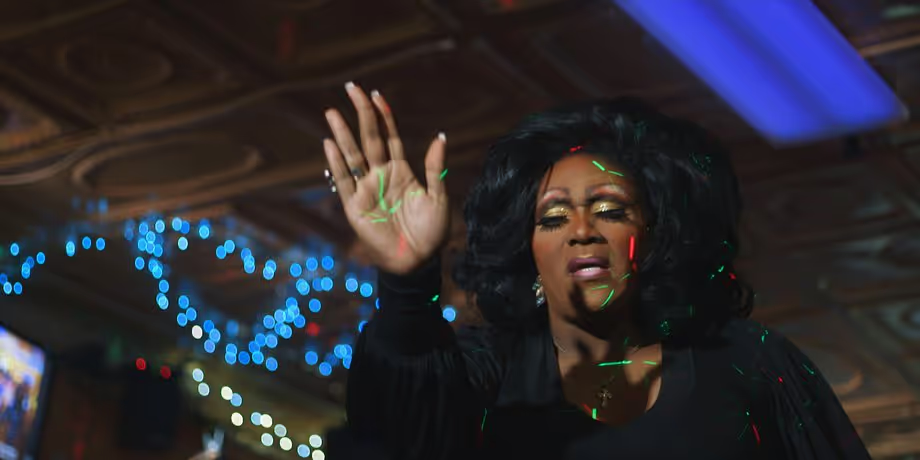The Gospel of Eureka: Discussion Guide Discussion Prompts: Wrestling With Faith and Religion
Discussion Prompts: Wrestling With Faith and Religion

The word “gospel” typically refers to a set of ethical teachings. What were the moral lessons of the stories told in The Gospel of Eureka? Why do you suppose the filmmakers chose that title?
A pastor preaches, “The Bible is the most abused book in literature. Taken the wrong way, this book has been used to abuse and terrorize a certain segment of our population… If we can't love one another, then we can't fulfill this book, and we should stop pretending we are.” What does/should that love look like in action? Do you see any examples in the film?
Jayme Brandt (who compares his own finding faith to the plot of E.T.the Extra-Terrestrial) explains, “Jesus says that unless you become like a little child you will never see the kingdom of heaven. My heart, it feels like it's still seeking, still desiring, I wouldn't say knowledge, but desiring a connection.” What’s the power of evoking childhood in this context? How does religion function as a way for people to connect? How is it used as a wedge to divide? How can it do both?
Randall Christy says, “I'm not gay. I don't agree with gay lifestyle, but I'm not a bigot. A lot of them don't agree with my fundamental Christian lifestyle, but we can still love each other, care about each other, or at least get along. That's America.” Is that the America you have experienced? What would change if every Christian adopted Christy’s view? Do you believe people have a right to be fundamentally against people of a sexual orientation, as long as they treat them with respect?
Kent Butler explains the addition of Satan to the Passion Play thusly: “We wanted to show that Jesus won and Satan did not make the right choice.” The film’s narrator also describes Satan: “In these parts, they say the devil walks at night stirring up trouble. And there are stories to prove it. Black men and women lynched and hanged. Lonely valleys, telling of gays and lesbians beaten, imprisoned, living secretly in fear. Back roads tell the story of a trans woman shot in the head and dragged behind a car. Around here, the Devil demands his due.” Do you think both depictions of the devil are illustrating the same thing? Do you think certain religious notions of good versus evil can help minimize/obscure the role of people and social values in creating hate and violence?
